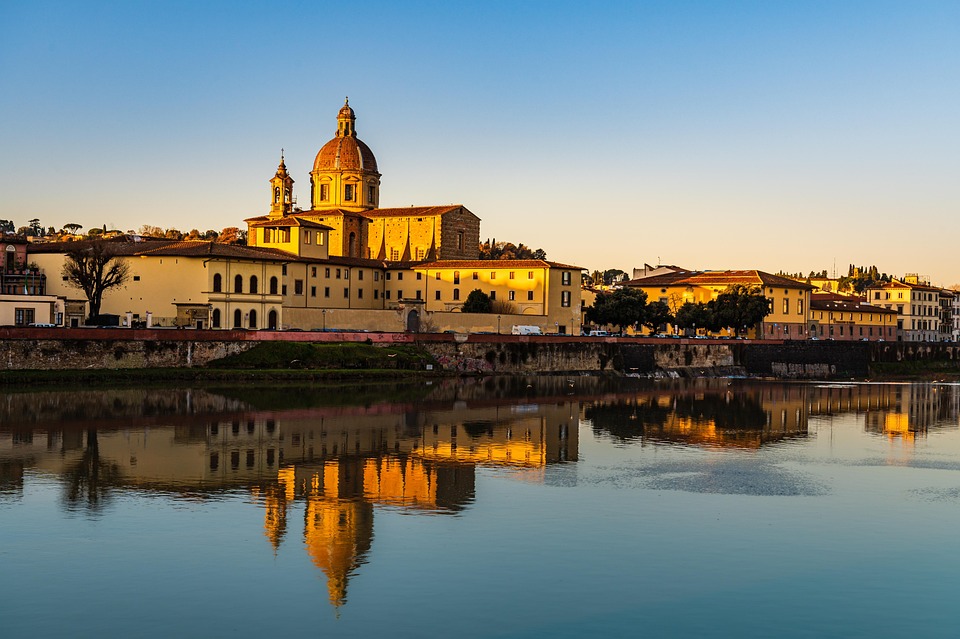# Eco-Excursions: Your Ultimate Guide to Adventurous and Sustainable Travel
Traveling is one of life’s greatest gifts. From exploring quaint towns draped in history to hiking breathtaking mountains, the world is full of experiences waiting to be uncovered. However, amidst thethrill of discovery, there’s a pressing concern: preserving the environments and cultures that make our adventures so special. As travelers, we have the power to make choices that not only enrich our experiences but also protect the planet. Today, let’s dive into the vibrant realm of sustainable travel, highlighting how eco-conscious choices can elevate your adventures.
### A Personal Tale of Transformation
Every journey transforms us—some more than others. Picture this: you’re in a beautiful coastal town, practicing snorkeling in crystal-clear waters, only to discover that the coral reef you’re exploring is fading away. Moments like these ignite a spark for change. Witnessing the fragility of our ecosystems firsthand left me pondering how my travel choices affect not only me but also the places I visit. This epiphany inspired a committed approach to sustainable travel—each trip became not just an adventure but a conscientious effort to minimize my footprint and maximize the beauty that unfolds before me.
### The Importance of Sustainable Travel
Sustainable travel comprises mindful activities that positively impact the environment, support local economies, and empower communities. It’s about finding that delicate balance between exploration and conservation. With climate change and over-tourism threatening the integrity of our favorite destinations, adopting sustainable practices can help uphold the natural and cultural treasures of the world.
### Enjoying the Journey Responsibly
Here are some exciting and practical tips to incorporate sustainability into your travel plans:
#### 1. **Choose Eco-Friendly Accommodations**
– Look for hotels and lodgings that prioritize sustainability, such as those with green certifications or energy-efficient practices. Many eco-conscious accommodations offer organic gourmet meals sourced from local farms, enriching both your palette and the community.
#### 2. **Travel Off-Peak**
– Visiting popular destinations during off-peak seasons not only helps reduce visitor congestion but also enhances your experience. Think: serene beaches and fewer crowds at historical sites—complete bliss!
#### 3. **Opt for Local Transportation**
– Whenever possible, explore your surroundings on foot, by bicycle, or using local public transport. Not only are you contributing to lower emissions, but you’ll also discover hidden gems that you might overlook in a car.
#### 4. **Support Local Artisans and Economies**
– When shopping for souvenirs, seek out local artists and craftspeople instead of mass-produced items. This practice ensures your money goes directly to locals, fostering a stronger community while providing you with meaningful keepsakes.
### A Trending Approach: Volunteer Travel
Volunteer travel is an exciting way to blend exploration with purpose. Imagine spending a week helping to restore a national park or teaching English in a rural village. Not only do you contribute positively to the destination, but you also engage with local culture in profound ways. Opportunities abound around the globe, from wildlife conservation in South Africa to community development projects in South America.
### Sustainable Adventure Activities
Adventure travel is on the rise—and it can be sustainable! Here are some eco-friendly activities to consider for your next trip:
– **Kayaking or Canoeing:** Explore beautiful coastlines or serene lakes while promoting low-impact adventure.
– **Wildlife Tours with Ethics in Mind:** Choose wildlife tours that prioritize animal welfare and habitat preservation. Ensuring that your tour operator follows ethical practices is paramount.
– **Hiking or Trekking:** Engage with nature and support conservation efforts by opting for guided treks led by locals.
### Pro Tips for Eco-Conscious Travelers
1. **Pack Light and Smart**: Minimize your luggage to reduce carbon contributions from transportation. Bring reusable items like water bottles and bags to cut down on waste.
2. **Leave No Trace**: Adopt the Leave No Trace principle. Respect nature by sticking to trails, packing out what you bring in, and being mindful of wildlife.
3. **Educate Yourself**: Before your trip, learn about the cultural norms and environmental issues within the region. This knowledge fosters respect and ensures sustainable interactions.
4. **Share Your Story**: Use your social media platforms and blogs to promote eco-friendly practices. Inspire others to make mindful travel choices!
### Spotlight on Sustainable Travel Initiatives
In various corners of the globe, organizations are championing sustainable travel. A few notable initiatives include:
– **The Global Sustainable Tourism Council (GSTC)**, which sets standards for sustainability in tourism.
– **Leave No Trace Center for Outdoor Ethics**, providing educational resources to promote responsible outdoor practices.
– Local grassroots organizations worldwide that offer educational programs on environmental conservation and community engagement.
### Conclusion: Your Adventure Awaits!
As you plan your next trip, remember that sustainable travel isn’t about sacrifice; it’s about enriching your journey. By embracing eco-friendly practices, you’re not just a tourist; you’re a steward of the planet—an explorer with the capacity to create lasting change. Adventure awaits, and with the right mindset, you can embark on journeys that not only showcase the world’s beauty but also protect it for generations to come.
So, pack your bags with purpose, set out to discover new horizons, and let the spirit of sustainable travel guide you toward unforgettable experiences. The world is yours to explore—let’s make it a better place while we do just that!



